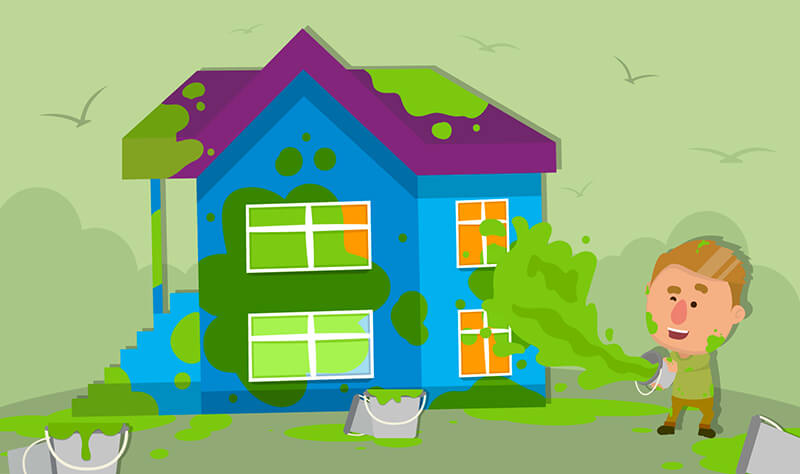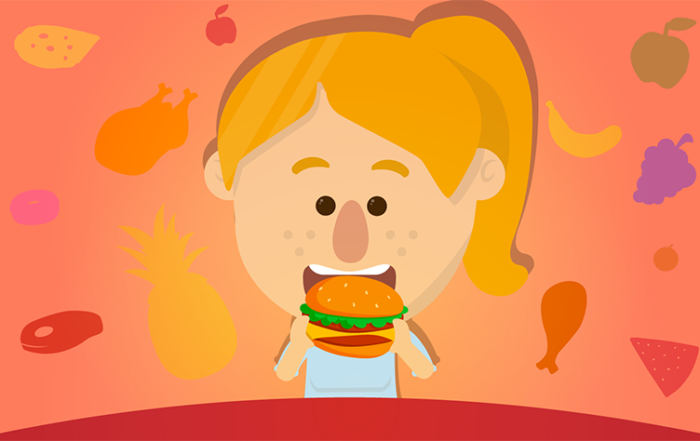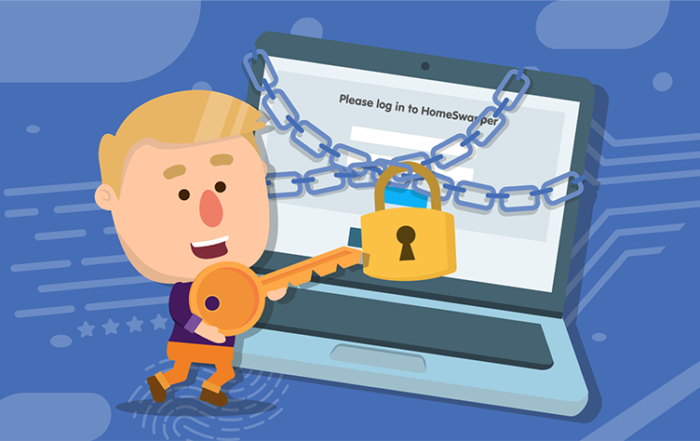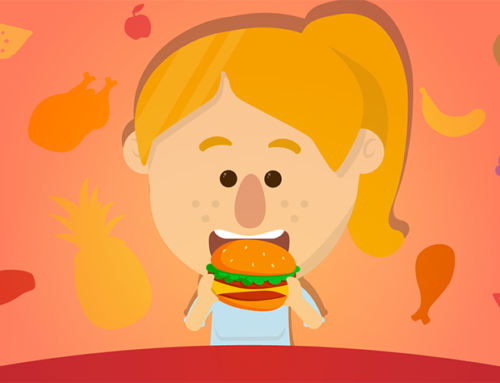
In the UK there is one person that we can all agree is a national treasure: David Attenborough. For years he has been campaigning for us to make changes to help save the environment and people seem to be starting to listen. Plastic free July has been taking over social media for the last month – but trying to make more eco-friendly decisions can be intimidating and it’s hard to know where to start. Here we’re showing you how a few small changes in your home can make the world of difference – and might also save you some money too!
To make a change we don’t need to completely alter our habits, but changing a few of them could make a real difference. Here are a few to get you started:
Give Low-Flow a Go
Switching your showerhead to a low-flow eco head could save you up to 50% on your water bill! A normal shower head can use up to 5.5 gallons of water per minute, whereas a low-flow alternative could bring that down to 2.5gallons per minute. You can find options for sale for around £20
Renewable Tariff
Talk to your energy supplier, as they may offer options that only use renewable energy. If they don’t, then try a company like Bulb that offers completely green energy. Some companies like this can also save you money on your bills whilst helping to bring down your energy consumption to zero carbon. Get in touch and see what they can offer you!
Transition to LED
Next time a bulb goes in your home try looking for an LED replacement light bulb. These energy efficient light bulbs can consume up to 75% less energy than normal bulbs and can also last up to 25% longer – think how much money you’ll save on both bulb replacements and on your energy bills!
Convert to Compost
Some councils provide food waste bins then take them away to be composted, but if your council doesn’t and you have a garden, you could try starting a compost bin in your garden. Any fruit and vegetable peel or left over food can be turned into compost. This can be then be used in your garden, or on your houseplants as food to help them grow. If you are in a block of flats, maybe you could talk to your neighbours about creating a compost bin together? Just make sure the bin gets regularly turned and the compost will do great.
Re-Use, Recycle
If you’re doing a clean out ahead of a swap, then have a think about donating what you’re not taking with you. As the old saying goes: one man’s rubbish is another man’s treasure! Facebook marketplace normally has local groups to buy, sell or swap your unwanted items. These are normally great places to earn some money from your unwanted things, but also find bargains that benefit the planet too!
If you don’t want to use Facebook, then you can go the traditional route of donating to a charity shop. Find your nearest one and hand over all your old things.
Make some new green friends
Get some houseplants to look after. Most leafy plants absorb harmful chemicals in the air and release oxygen. They also make a house look gorgeous too!
Put a lid on it
Using a lid to cover saucepans when you cook can reduce your energy usage by up to 60%. Things cook faster with the lid on, which means you’ll be using less gas and electricity to heat your food. Time and money saved!
Switch it off
Conserving energy is the biggest thing we can all do to limit our carbon footprint and the easiest way to do this in the house is to switch off our appliances at the wall. Doing this as well as turning lights off when we are not in the room can make a huge difference to our energy bills and reduce the ‘dead’ energy we use.
Remember swappers, not one person can be perfect, but together we can make a big difference!
The HomeSwapper Customer Support team are always on hand to give advice and tips on how to get the most from HomeSwapper. They deal with Swappers every day and have a unique insight and view on the thousands of successful swaps that take place on HomeSwapper.






